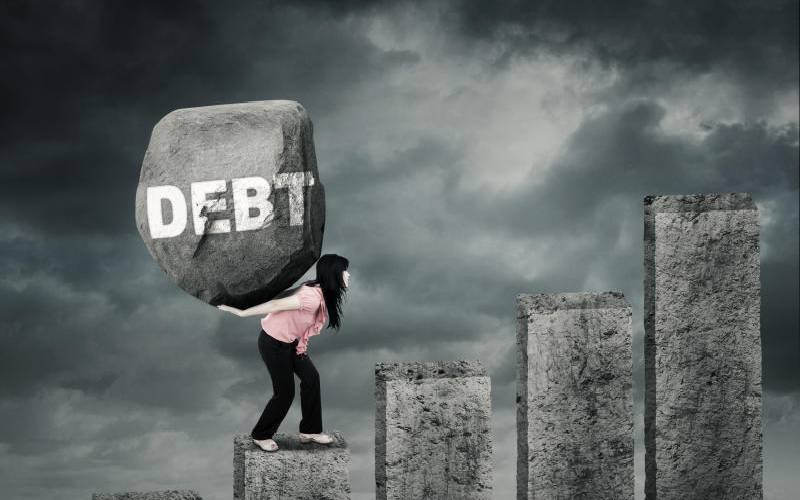×
The Standard e-Paper
Smart Minds Choose Us

US president Harry Truman kept a sign on his desk with the phrase, “The buck stops here.” What the sign meant was that the occupant of the Oval Office was responsible for all government decisions and would shoulder all blame if anything went wrong. Apparently, this is a lesson lost on many African heads of state who excel at passing the buck!